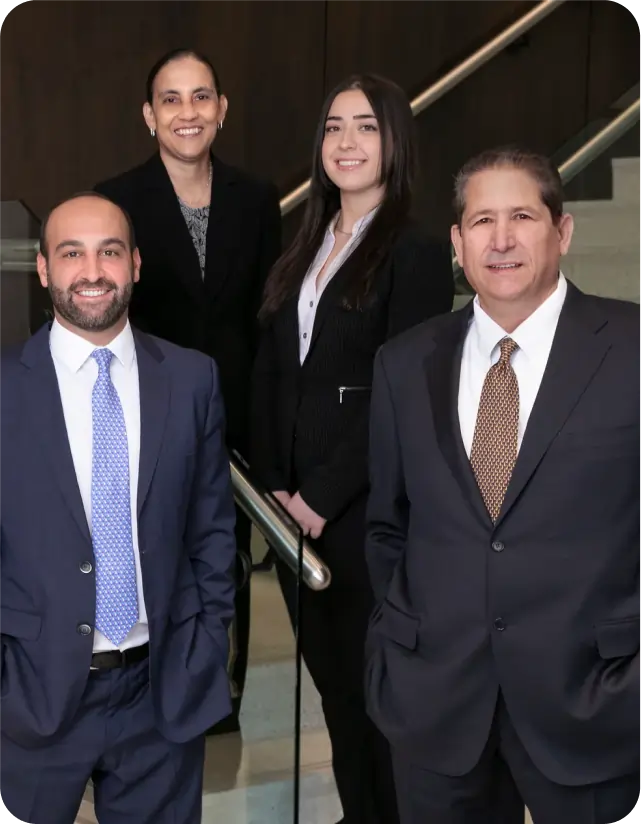Bank fraud and scams
Have you fallen victim to bank fraud? We’re here to help. Our specialist team focuses on recovering funds lost to scams, providing the support and legal advice you require, exactly when you need it.
Start your claim
What is bank scam?
Banks are supposed to be some of the safest institutions, yet numerous types of bank fraud and scams still affect many people. Bank fraud occurs when scammers deceive you into giving away your money. It takes various forms, and fraudsters are becoming increasingly sophisticated, employing fake accounts, false identities, and other cunning methods to access your funds.
Forms of Bank Fraud
Bank fraud can occur in various ways, including scammers posing as a victim’s bank, identity theft, phishing attacks, accounting fraud, and authorised payment fraud.
Fake accounts
Creating false accounts is among the most frequently used tactics by criminals in bank fraud schemes. For victims, this can result in altered bank records, stolen card or account details, and exposure of personal financial information.
Impact
Bank fraud poses a significant challenge for banks and can have lasting effects on customers. While institutions are implementing measures to prevent bank fraud, many do not offer assistance to customers after discovering they have fallen victim to a banking scam.
Types of bank scam

-
Chase Bank Scams
Many individuals are unsure if Chase reimburses scam victims or what options exist if the bank declines to assist. The good news is that we have been increasingly successful in recovering funds lost to Chase scams and supporting clients in filing complaints against Chase when the bank has failed to adequately prevent the fraud. We have recovered over 100% of lost funds for clients affected by scams through their Chase accounts. If you have lost money to a Chase scam and your account is based in the Canada, we may be able to help you recover your funds.
-
Revolut fraud Refunds
As with any online banking service, Revolut customers face risks of fraud, but recovering lost money can be challenging. Many clients turn to us after falling victim to cryptocurrency scams or fraudulent transactions and struggle to secure refunds. If you’ve been scammed as a Revolut customer, we can assist you in navigating the refund process and advocating for your funds.
-
Monzo Scam
If you have lost money due to a fraudulent payment as a Monzo customer within the last six years, we can help trace and recover your funds. Our recovery team has significant experience in reclaiming funds that banks may not be able to retrieve, especially in cases involving cryptocurrencies or other digital assets.
Kinds of bank fraud

Bank transaction scams
Fraudsters deceive individuals into transferring money to their accounts, often by impersonating banks, the police, or reputable companies. They create urgency to pressure you into acting fast before you realize it’s a scam.
Debit card scams
Criminals may steal debit card information through skimming devices, phishing emails, or data breaches. With this data, they can make unauthorized purchases or withdraw funds from your account.
Accounting manipulation
This form of fraud entails altering financial records to conceal debts, overstate earnings, or mislead stakeholders. Both companies and individuals can be affected, frequently facing severe financial repercussions.
Bank check kiting scheme
This scam exploits the delay in cheque clearing. Fraudsters write a cheque from one account to another lacking sufficient funds, withdrawing money before the bank detects the cheque will bounce.
New account scam
Scammers use stolen or fabricated identities to open bank accounts. They often use these accounts to carry out additional frauds, like securing loans or making unauthorized transactions. Typically, victims end up with costly debts or harmed credit scores.